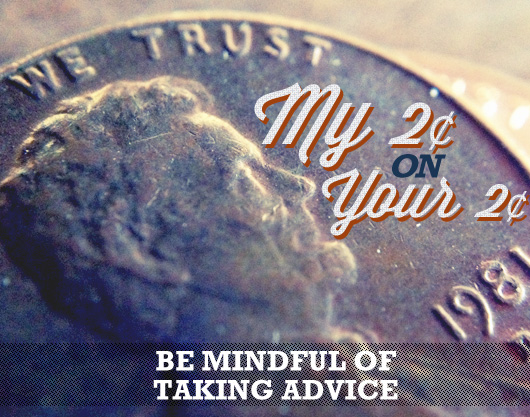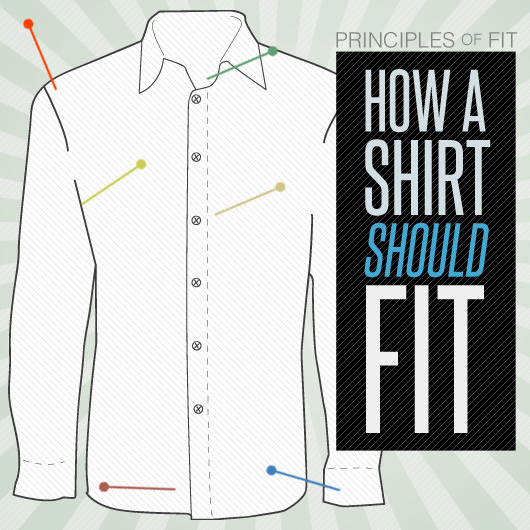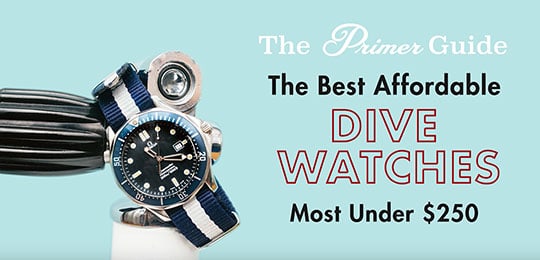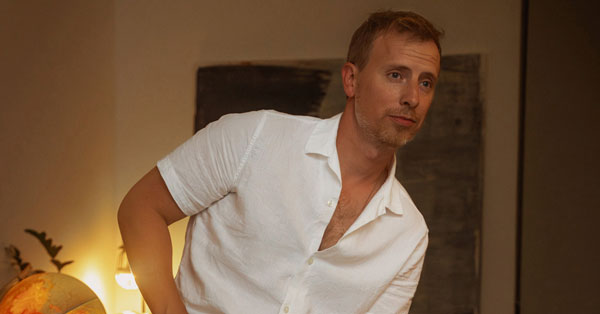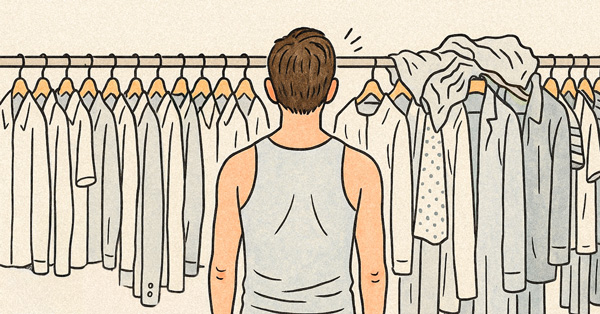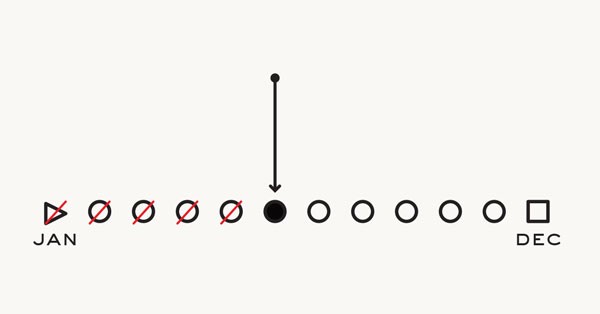When you get the advice you seek, it’s awesome. When you don’t, it’s disappointing. And sometimes, even after you’ve asked for advice … you wish you hadn’t. I think Shakespeare said that. The Buddha said, “You want sympathy, take your ass to church. You want advice, take your ass to Primer Magazine.” Now that’s good advice, because Primer dishes out some serious practical know-how.
But let me be clear (Obama said that): There’s Primer-esque advice and there’s advice that comes from the guy who has no business giving it.
So allow me to advise you on how to cut through the crap.
The Good: Advice From Those Who Should Give It
Why do we ask people for advice? Perhaps because we have no gut instinct, so we genuinely seek guidance. Or do we doubt our ability to make our own decisions? Do we trust other people’s judgment better than we trust our own? Do we hope someone wiser than us will agree with our gut instinct? Reaffirmation is great for one’s ego.
Only Dr. Phil can answer these questions. And I don’t know him.
Let’s say you’re sweet on the barista at the coffee shop. Ask your elderly neighbors (who say stuff like “sweet on”). They’ve been married for sixty years, unlike your parents who got divorced. Your parents say it’s not your fault. I’m pretty sure they’re just trying to spare your feelings.
The elderly couple advises you to invite the barista over and cook her a nice meal. Good idea. Except the last time you cooked, you set off the smoke alarm. And you were making a salad. Just so happens your friend is such a great cook that Jesus returned from the dead. But Jesus said, “Dude, you cooked pork? I’m kosher!”
Your friend gives you some culinary advice: Make a simple meal and do a test run to master the recipe.
Most pros are happy to offer their expertise. Their experience, including their failures, will make you a better cook, JP Morgan CEO, or neighborhood watchman.
Knowledgeable individuals may have challenges determining who genuinely wants their advice. Solution: Give the advice-seeker a taste of your superior knowledge. If he’s all like, “yeah, wuteva,” you know not to waste your time. But if he’s all like, “that’s so crescent fresh” you can share as much as you want.
(Did anyone get that Sifl and Olly reference?)
Parents are good people to seek out for advice when you’re a small child and an adult, but there’s a six-year gap where their advice is ‘stupid’. In high school, my mom told me I should stop eating white bread and switch to whole grain. “Yeah, wuteva.” When the athletic coach said I should stop eating white bread and switch to whole grain, I was like, “Wow, great advice! Thanks, Pam.” (Calling teachers by their first names? That’s how we progressive high school students rolled.)
I am fully aware that my future children will stop listening to me one day. Which is why I’ll turn to my friends—people my kids look up to—and ask them to advise my kids. Suckers. My kids won’t even know the advice they’re getting is really mine. Unless they Google me and read this article.
The Bad: Advice From Those Who Should Not Give It
Receiving advice from someone who lacks a certain area of expertise can sometimes be beneficial. They may see a solution you might not have seen, approaching the situation with a unique perspective.
Sometimes we get unwarranted advice from an annoying colleague who corners you at the water cooler. Offices still have water coolers, right? I don’t know—I work from home. Do people even drink water anymore?
This annoying colleague doesn’t know you or your girlfriend, but he knows why you’re fighting and he has the solution. You’re going to get his advice whether you want it or not.
Stay away from that guy. And stay away from the know-it-all advice-giver, too. Although he may seem like the right person to seek out for advice, he most certainly is not. If he finds out you’ve got the hots for the barista, he’ll tell you what to say and how to act.
If you didn’t make a move, it’s because you’re a coward. If you did make a move and it didn’t work, it’s because you must have done something wrong. And if you asked her out and she said yes (congrats, you’ll make a great couple), he’ll never shut up about how he turned you into Prince Charming.
Once you’ve sought him out, he’ll feel like he’s got a free pass to offer endless advice.
And The Ugly: The Bottom Line on Advice
Asking for advice can open up a can of worms. Who are you asking? Can you trust him? Is he offering sincere or dubious advice?
Don’t keep too many names on your Ask for Advice Rolodex. Ask forty people for advice and you’ll get forty different opinions. People love to give advice; everyone thinks their advice is the best. But thirty-nine people are going to be wrong. Now you need advice on which advice to take.
Following the advice isn’t mandatory. Sometimes the advice-givers intentions are not pure. People are shady and manipulative. They may prey on your lack of experience for a result that benefits them, not you. So be careful when listening to advice—even if you asked for it.
“Stone Cold” Steve Austin offers sage advice: “Don’t Trust Anybody.”
If the advice is unwarranted, sounds bad, makes you suspicious, or isn’t something you’d be comfortable doing—don’t. No matter what people say, no one knows you like you know you. Do what you feel comfortable doing.
I bet you thought I'd have a witty conclusion to this article—an advice column about advice—with a little advice. Well think again, dear reader. I’m ending with a request. I want your advice.



